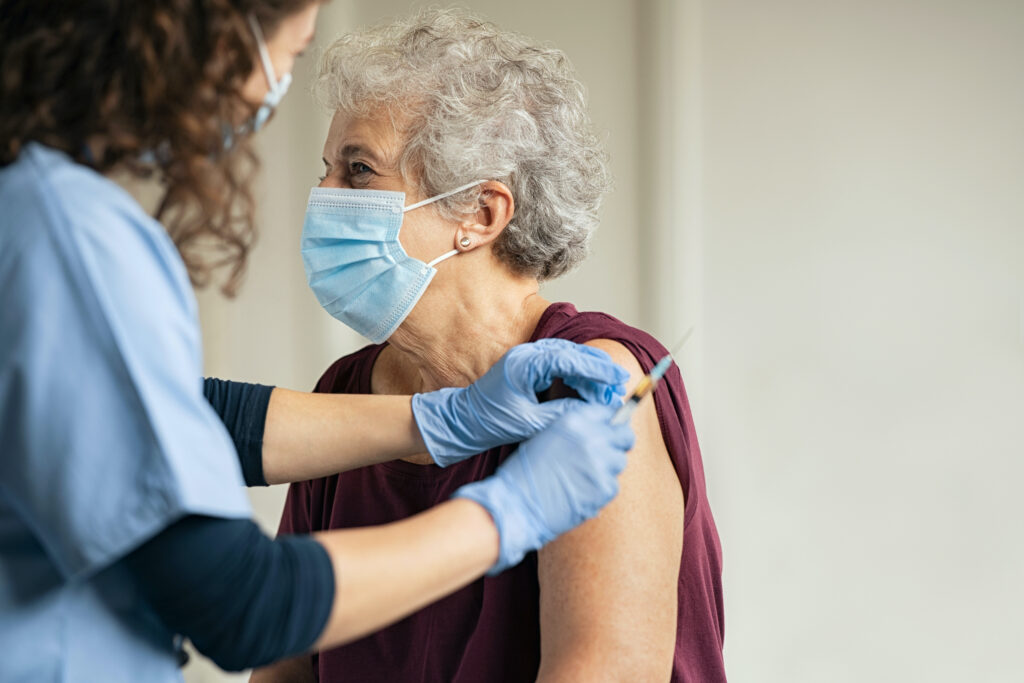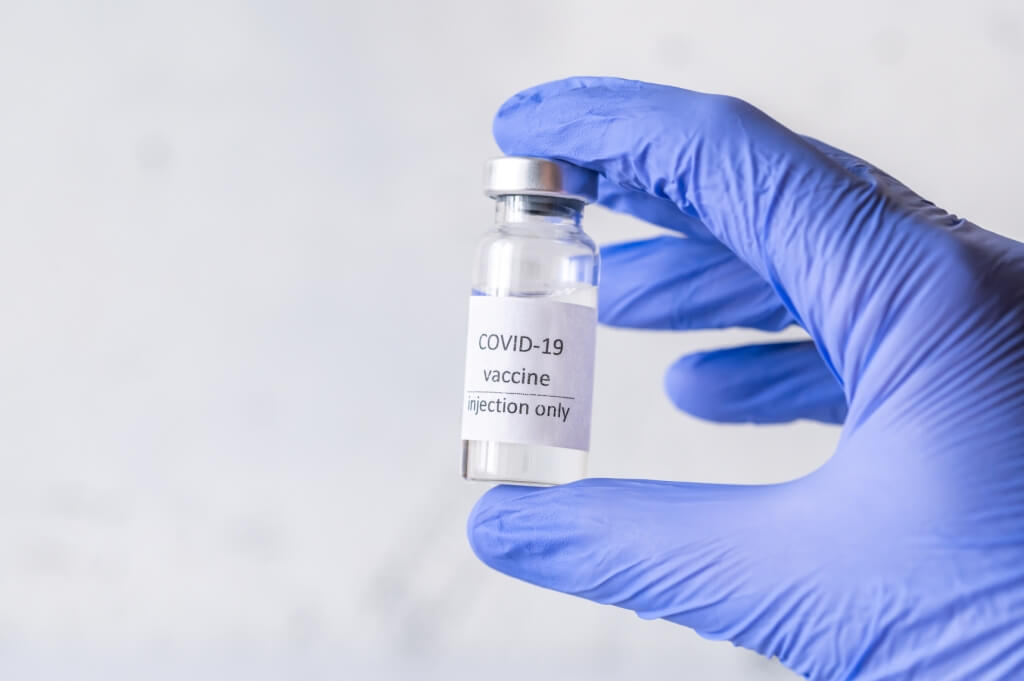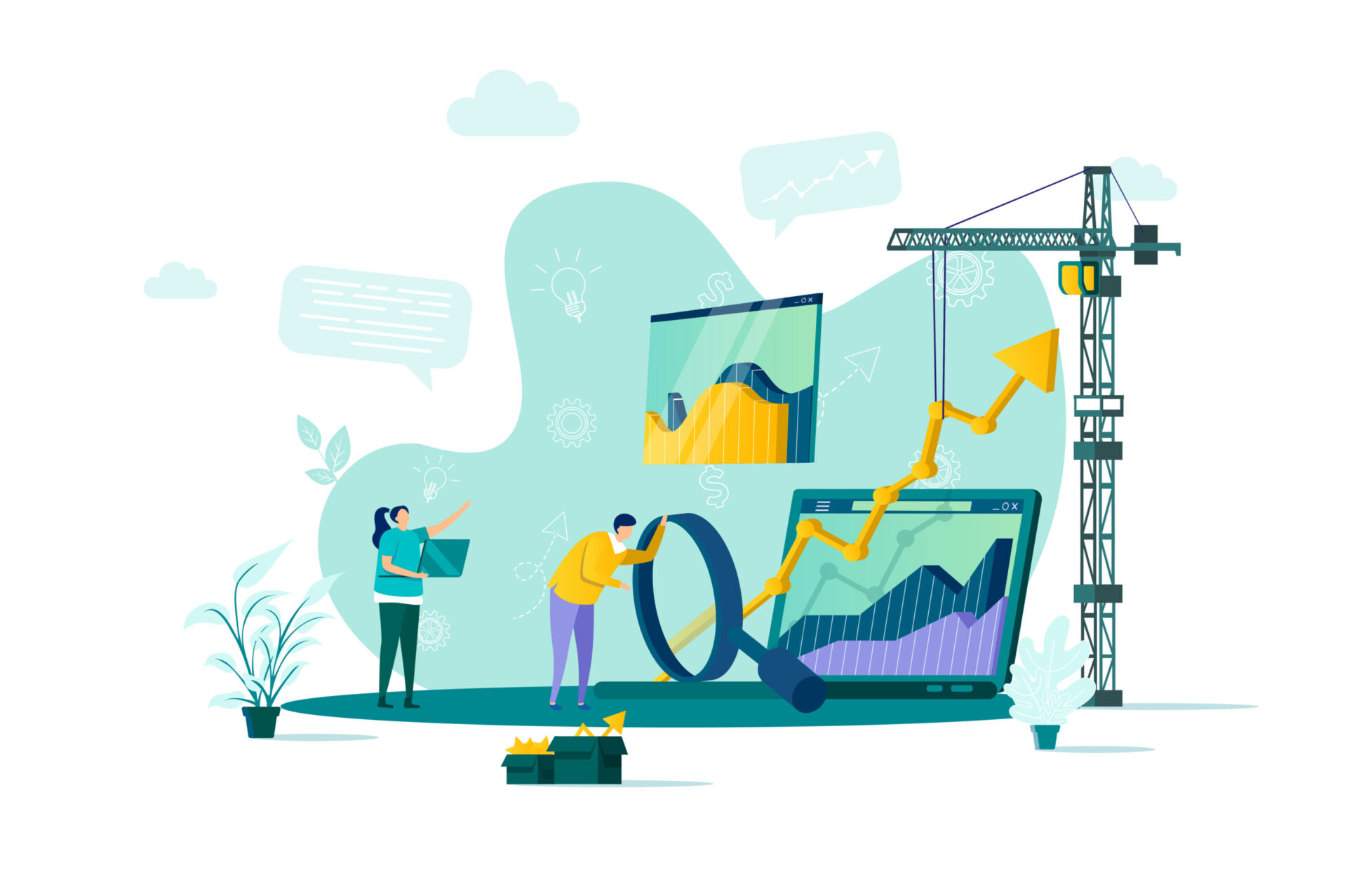After taking his dad to recieve the COVID-19 vaccination, our Business Development Manager, Ash Nehmet, pondered what could be done differently. Having always had an out-of-the-box mindset, he turned his attention to technology, and how the newest innovations could help the NHS now and in the future…
The Problem
I took my dad to a vaccination centre in Newcastle. It was buzzing with activity and alive with lots of people, both workers and patients, doing lots of things. Lots of steps were involved in the mass vaccination process, with so much activity it almost looked disorganised. I need to emphasise, the word ‘almost’ because we got through each of the steps quite quickly. We queued to get into the car park because it was chaotic with people arriving, parking, leaving, dropping-off-but-not-parking, all mixed in. We walked into the big hall, where our appointment was ticked off. Then there were a series of sit-down-stand-ups. First, we gave someone our address and answered medical questions, next seat more questions, next seat waiting for a vaccination slot, then on to the actual vaccination itself. I had rolled up my dads sleeve but it wasn’t high enough, so we needed to unroll, take the jumper off, then roll up again, creating wasted minutes in the chain. After the injection, at the next seat, someone added 15 minutes to the vaccination time and wrote it on a sticker for my dad’s lapel, so security knew when we could be allowed out.
After seeing this all, I started thinking about simplification. So much of this could’ve been easily avoided, and saved so much time…
My thoughts? “I think we can give the injection whilst the patient is still in their car”; thereby slimming the steps down by about 60% and hugely simplifying the remaining steps. All in all resulting in a productivity improvement of approximately 5X. Don’t misunderstand me though, this isn’t a criticism piece. In fact, it’s quite the opposite! In short order and with the older demographics the vaccination process might be carried out in a particular way, but with younger people being vaccinated, there is an opportunity to do things differently by using technology.
Here’s how…
Hold on, just a little bit about me first (I feel by doing this, you’ll understand my thinking!)
I work for Uptivity, which quite simply means ‘upping’ your productivity using technology (we make apps, did you know?). Our business is based on helping other businesses become efficient and do what they do, but better. We help business with our technology (SaaS apps, sensors) but for those who want more in-depth, we look, listen, think, ponder and then suggest improvements. Because of this, I can’t walk into a place without seeing small improvements. I even do that at home (no doubt to the horror of my wife!). Although I have long learned not to offer process improvements there, (sometimes I just can’t help myself and regret it later).
Ok, Back to the vaccination program…

Doctor injecting an elderly patient with the COVID-19 vaccine.
The Solution
Pre-vaccine: Downloading and Registering the App
First, everyone downloads an app and registers it by inputting their NHS number, photo ID and then taking a video of themselves; the idea being that the video matches them with the photo ID for ID verification. This method of authentication is already used with online banking, so security is tried, tested and trusted. Alternatively, those who can’t do this could request their GP surgery send a letter with a QR code printed on it, which would act as an ID verification code.
Now you have most of the population with the app and ID-verified; post-COVID, this could save a fortune for GP practices with booking appointments, communicating with patients, filling out forms etc.
In the vaccination app, the NHS can then ask for almost everything necessary for you to show up and receive the vaccination: ask questions about existing medication and allergies etc, pass instructions (‘Please have your arm exposed all the way to the shoulder, in the car’), book and confirm appointments, and then finally after being given the jab, give users the green-light to be allowed off site by the security.
The Big Day: Receiving the Vaccine
We can use this technology to therefore stop car park entrances being clogged up as people arrive, leave, and drop-off at intermittent times designated by the app; the app knows when and where your appointment is, and where you are using real-time traffic information. It can also tell you exactly when to start your journey to get their just-in-time (or about 2 minutes early), helping keep clear roads leading to the vaccination centres.
- Now, you drive up to the venue and are greeted by security. They already know who you before they see you because their app can tell them who is approaching based on number plates and in-app tracking. You pull down the window and show the QR code on the app; identifying who you are.
- They scan it to confirm your identity and to confirm you have answered all of the essential questions needed before you can receive your jab, although the app wouldn’t let you book the appointment without already doing so (think of it as precautionary measures) – optionally, they can also scan your face to verify your identity further.
- You then pull up to one of the vaccination bays where you are greeted by the professional conducting your vaccination.
- They again scan your phone for a final step in confirmation, and then administer the vaccination in your already bare arm.
- Once the vaccination process is complete and you are cleared, they confirm a successful vaccination in their app. Your app confirms the time (and jab type) and you are instructed to park for 15 minutes at the far end of the car park.
- The number plate reader notes your entry and overhead screen instructs you to stay until your 15 minutes is done.
- Once your fifteen minutes are up, you are notified in the app that you are free to leave if you are feeling well enough. Should you not feel ok, there would be a designated nurse or warden walking around the cars who would be able to quickly get you to the right hospital for treatment.
This is my method, and I have no doubt that this could be improved upon more by healthcare professionals working at the vaccination sites; especially once being used, simply by looking, listening, thinking and pondering.

